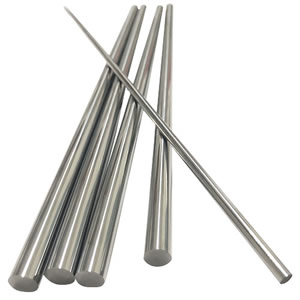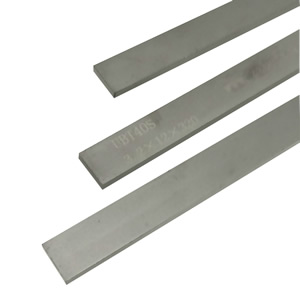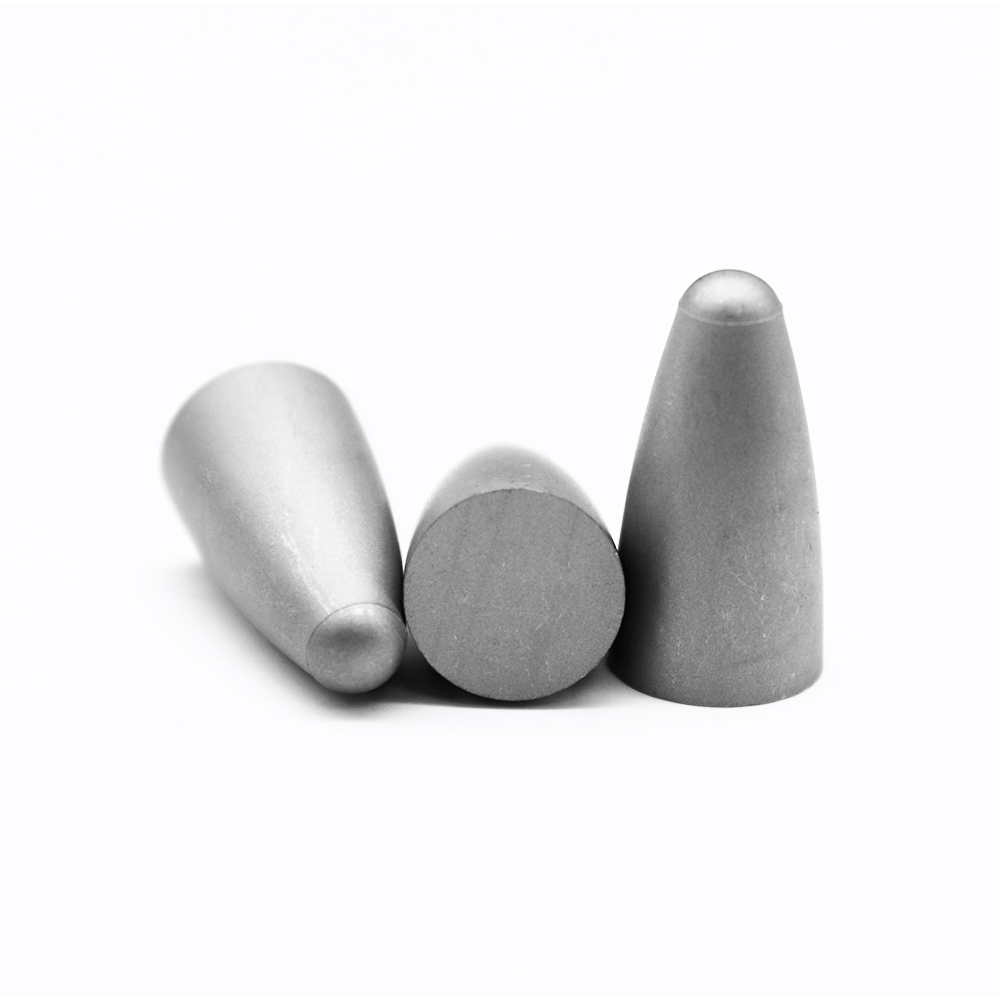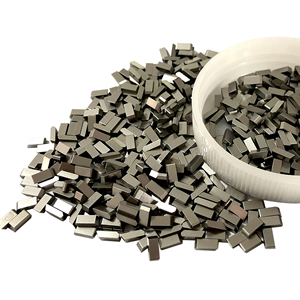Unleashing the Potential of Tungsten Carbide in Medical Devices
Unleashing the Potential of Tungsten Carbide in Medical Devices

Introduction:
Tungsten carbide, a renowned hard alloy, is increasingly being recognized for its exceptional properties and potential applications in the medical device field. With its remarkable hardness, strength, and biocompatibility, tungsten carbide offers unique advantages for various medical device applications. This article explores the potential of tungsten carbide in medical devices and highlights its contributions to advancements in healthcare.
Properties of Tungsten Carbide in Medical Devices:
Tungsten carbide possesses several properties that make it highly desirable for medical device applications. First and foremost, its exceptional hardness and wear resistance give medical devices enhanced durability, longevity, and reliability. This is particularly important in devices with moving parts or those subjected to repetitive stress, such as orthopedic implants and surgical instruments. The hardness of tungsten carbide ensures that these devices can endure prolonged use without significant wear or deformation.
Biocompatibility is a vital requirement for medical devices, as they come into contact with the human body. Tungsten carbide demonstrates excellent biocompatibility, meaning it is well-tolerated by the body and does not trigger adverse reactions. This allows for the safe and effective utilization of tungsten carbide in implants, surgical instruments, and other medical devices without compromising patient health.
Applications of Tungsten Carbide in Medical Devices:
1. Orthopedic Implants: Tungsten carbide is widely used in orthopedic implants, such as joint replacements (hips and knees) and spinal implants. The hardness and wear resistance of tungsten carbide ensure the longevity of these implants while providing superior load-bearing capabilities. Additionally, the biocompatibility of tungsten carbide allows for seamless integration with the surrounding bone tissue, promoting successful and long-term outcomes.
2. Surgical Instruments: Tungsten carbide plays a crucial role in the production of surgical instruments. Instruments such as scalpels, forceps, needle holders, and scissors with tungsten carbide inserts or tips provide enhanced cutting precision, longevity, and resistance to corrosion. The hardness and durability of tungsten carbide ensure that these instruments maintain their sharpness and performance, enabling surgeons to perform precise procedures with confidence.
3. Dental Devices: Tungsten carbide finds applications in dental devices, such as dental drills, burs, and prosthetics. These devices require high hardness for efficient cutting and shaping of teeth and dental materials. Tungsten carbide dental instruments offer superior wear resistance, extended lifespan, and excellent biocompatibility for optimal patient outcomes.
Advancements and Future Outlook:
Ongoing research and technological advancements continue to expand the potential applications of tungsten carbide in medical devices. Researchers are exploring innovative methods to further improve the performance and properties of tungsten carbide, such as incorporating nanostructured materials or developing composite structures. These advancements aim to enhance biocompatibility, promote osseointegration, and address specific medical device requirements.
Moreover, the integration of tungsten carbide with other materials, such as polymers or ceramics, holds promise for the development of hybrid medical devices with tailored properties. This allows for the creation of custom devices that provide the advantages of tungsten carbide along with the benefits of other materials, further expanding the possibilities for medical device design and function.
Conclusion:
Tungsten carbide possesses exceptional properties that unleash its potential in a wide range of medical device applications. Its hardness, durability, and biocompatibility make it an ideal choice for orthopedic implants, surgical instruments, and dental devices. As research and technological advancements continue, the utilization of tungsten carbide in medical devices is expected to evolve, leading to further improvements in patient care, surgical interventions, and overall healthcare outcomes.





















